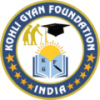
Lafoori, Tehsil Punhana Distt. Nuh
+91 8168763134
Info@kohligyanfoundation.org

Lafoori, Tehsil Punhana Distt. Nuh
+91 8168763134
Info@kohligyanfoundation.org



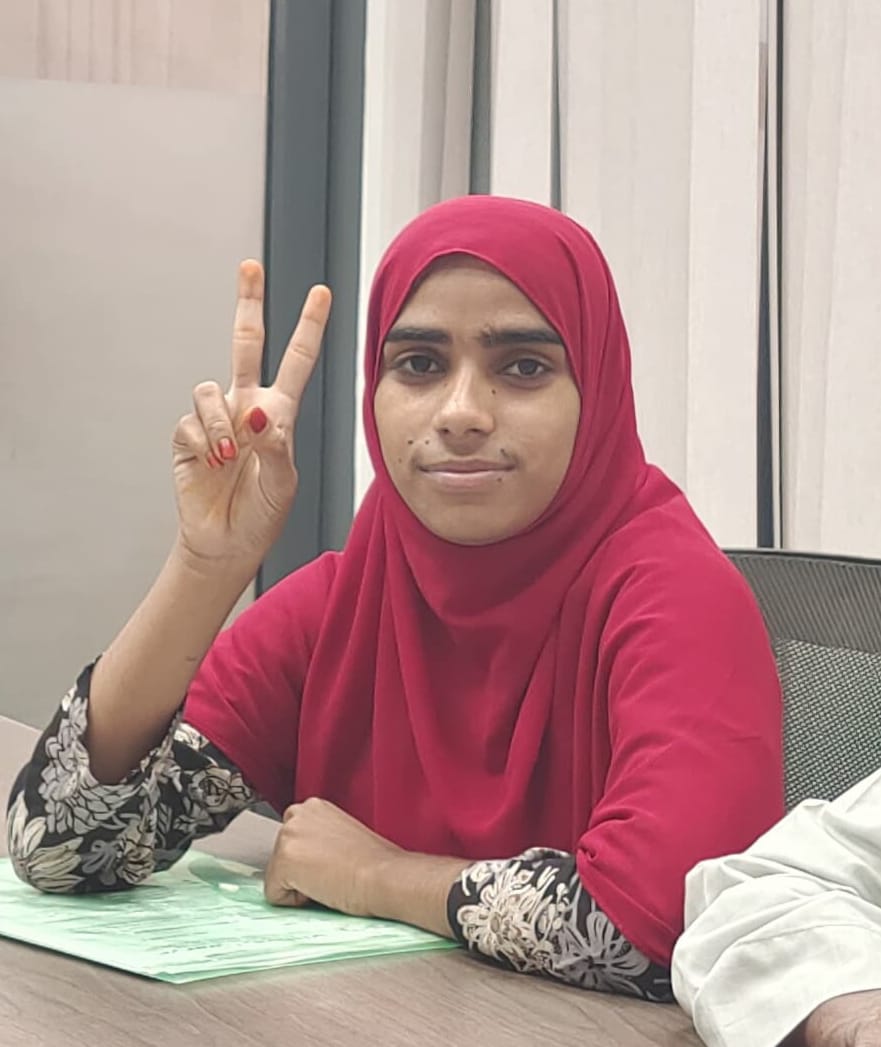
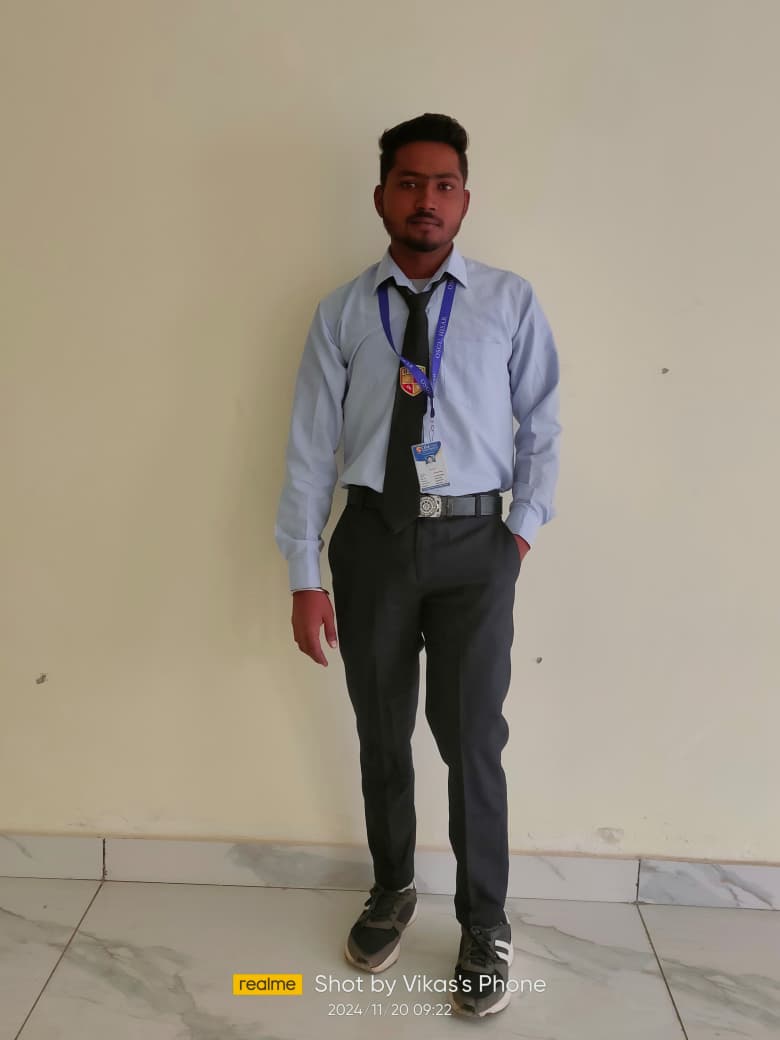


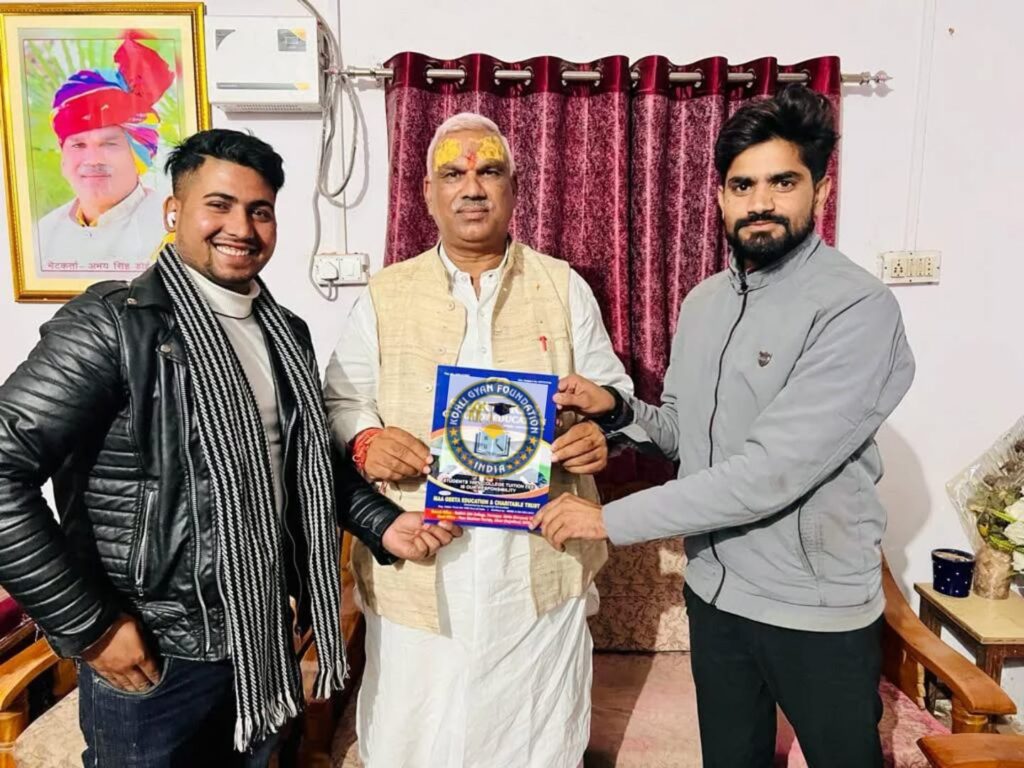
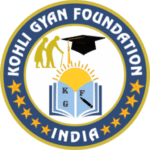
The dream of transforming education into a movement of hope is now a reality, offering hope to eager learners.
© 2025 Kohli Gyan Foundation | All Rights Reserved
Computer Science Engineering (CSE)is an academic programme that integrates the field of Computer Engineering and Computer Science. It is one of the most sought after courses amongst engineering students. The course contains a plethora of topics but emphasises the basics of computer programming and networking. The topics covered in the course are computation, algorithms, programming languages, program design, computer software, computer hardware, and others.
Computer science engineers are involved in many aspects of computing, from the design of individual microprocessors, personal computers, and supercomputers to circuit designing and writing software that powers them.
Many technical institutes in India and abroad offer UG (Undergraduate) and PG (Postgraduate) level courses in Computer Science Engineering. Students can do BTech and MTech in Computer Science Engineering from these institutes. Students pursuing these courses get to learn about the design, implementation, and management of information systems of computer hardware and software.
CSE is one of the engineering specialisations. However, candidates pursuing this programme have the option of further choosing amongst various other specialisations like telecommunication, web designing, computer hardware and software implementation and maintenance, etc.
These professionals can work as a data scientist, computer programmer, systems analyst, hardware engineer, software developer, system engineer, IT consultant, system designer, networking engineer, web developer, database administrator, mobility tester, programmer, e-commerce specialist, and software tester.
Biotechnology engineering is the research and study of micro-organism, bio-organisms, cell functions in living beings. It is basically the blend of both Biological science and technology. Biotechnology engineering is the field of chemical engineering and applied biology that incorporates the use of living things in technology, medicine, engineering and other significant applications.
Biotechnology engineering can be taken up at both undergraduate and postgraduate levels which would be for the duration for 4 and 2 years respectively
The field has been one of the most sought-after fields, that is pursued by more than 50 per cent of the youth every year. Students with degrees in biotechnology can get into various healthcare centres, universities, hospitals, research centres, etc. They can also go for further studies in the field or become research scientists.
The eligibility criteria for the candidates who want to go for Biotechnology Engineering are as follows:
He/she should have cleared 10+2.
He/she must have Physics, Chemistry and Biology as the compulsory subjects.
Few institutes also consider Mathematics as a compulsory subject..
Biomedical engineering (BME) or medical engineeringis the application of engineering principles and design concepts to medicine and biology for healthcare purposes (e.g., diagnostic or therapeutic). BME is also traditionally known as “bioengineering”, but this term has come to also refer to biological engineering. This field seeks to close the gap between engineering and medicine, combining the design and problem-solving skills of engineering with medical biological sciences to advance health care treatment, including diagnosis, monitoring, and therapy.Also included under the scope of a biomedical engineer is the management of current medical equipment in hospitals while adhering to relevant industry standards. This involves making equipment recommendations, procurement, routine testing, and preventive maintenance, a role also known as a Biomedical Equipment Technician (BMET) or as clinical engineering.
Biomedical engineering has recently emerged as its own study, as compared to many other engineering fields. Such an evolution is common as a new field transition from being an interdisciplinary specialization among already-established fields to being considered a field in itself. Much of the work in biomedical engineering consists of research and development, spanning a broad array of subfields (see below). Prominent biomedical engineering applications include the development of biocompatible prostheses, various diagnostic and therapeutic medical devices ranging from clinical equipment to micro-implants, common imaging equipment such as MRIs and EKG/ECGs, regenerative tissue growth, pharmaceutical drugs and therapeutic biologicals.
Automobile Engineering focuses on the design, manufacturing, and maintenance of vehicles…
Eligibility: Candidates must have a background in mechanical engineering..
Bioinformatics is an interdisciplinary field that combines biology, computer science, and mathematics to analyze and interpret biological data. It plays a crucial role in genomics, drug discovery, personalized medicine, and biotechnology. Key areas in bioinformatics include:
Genomics & Proteomics – Analysis of DNA, RNA, and protein sequences
Computational Biology – Algorithm development for biological data
Molecular Modeling – Simulation of molecular structures
Systems Biology – Study of complex biological interactions
Artificial Intelligence in Biology – Use of AI/ML for predictions in medical research
Eligibility Criteria
1.Undergraduate (B.Sc. / B.Tech. in Bioinformatics)
10+2 (High School) with Science stream (Physics, Chemistry, Biology/Mathematics)
Some universities require Mathematics as a compulsory subject
Minimum aggregate marks (typically 50-60%, varies by institution)
Entrance exams may be required (like JEE, state-level exams, or university-specific exams)2. Postgraduate (M.Sc. / M.Tech. / PG Diploma in Bioinformatics)
Bachelor’s degree in Bioinformatics / Biotechnology / Computer Science / Life Sciences / Physics / Chemistry / Mathematics / Agriculture
Minimum required marks (typically 50-60%, varies by institution)
Entrance exams for some universities (GATE, CUET-PG, etc.)
M.Tech is a two year postgraduate program in engineering. During the duration of two years, students are given exceptional knowledge on technologies. M.Tech enhances the skills of a candidate and makes him or her specialist in a particular area or field. To get admission into the M.Tech programme, candidates are required to qualify the entrance examinations. M.Tech is primarily into two categories – part time and full time. While most M.Tech admissions are done on the basis of the GATE exam, some institutes also conduct their own entrance test or interview. M.Tech is a two year professional technical degree course. The full form of M.Tech is Masters in Technology. M.Tech degree is awarded to candidates in the field of engineering technology.
Eligibility: As there is a mad competition for the few seats available in the top institutes of the country, the institutes specify some conditions and requirements to eliminate those who are not fit enough to become engineers or do not have the right aptitude. To ensure that only the best and the deserving students get admission into the engineering Institutions to pursue their Master of Technology, it is mandatory for each applicant to meet the eligibility criteria prescribed by the authorities. Ineligible candidates are not offered admission. Candidates must note that the eligibility criteria may vary from institute to institute. Candidates must have obtained a Bachelor degree from the recognised University. Should have qualified the entrance examination. Candidates who have completed a five-year programme and received the Master of Science degree are also eligible to undertake the Master of Technology programme